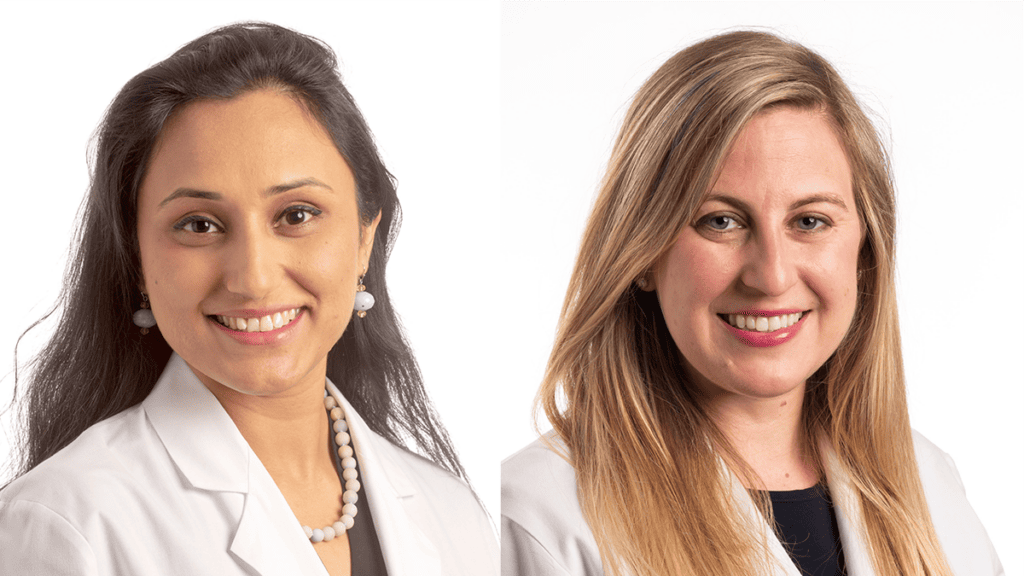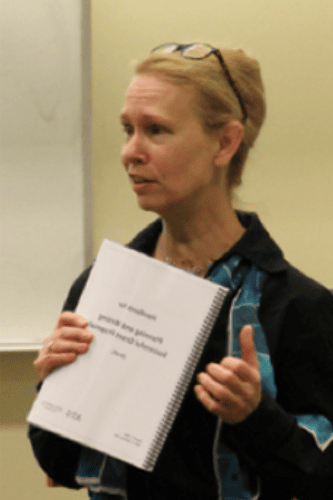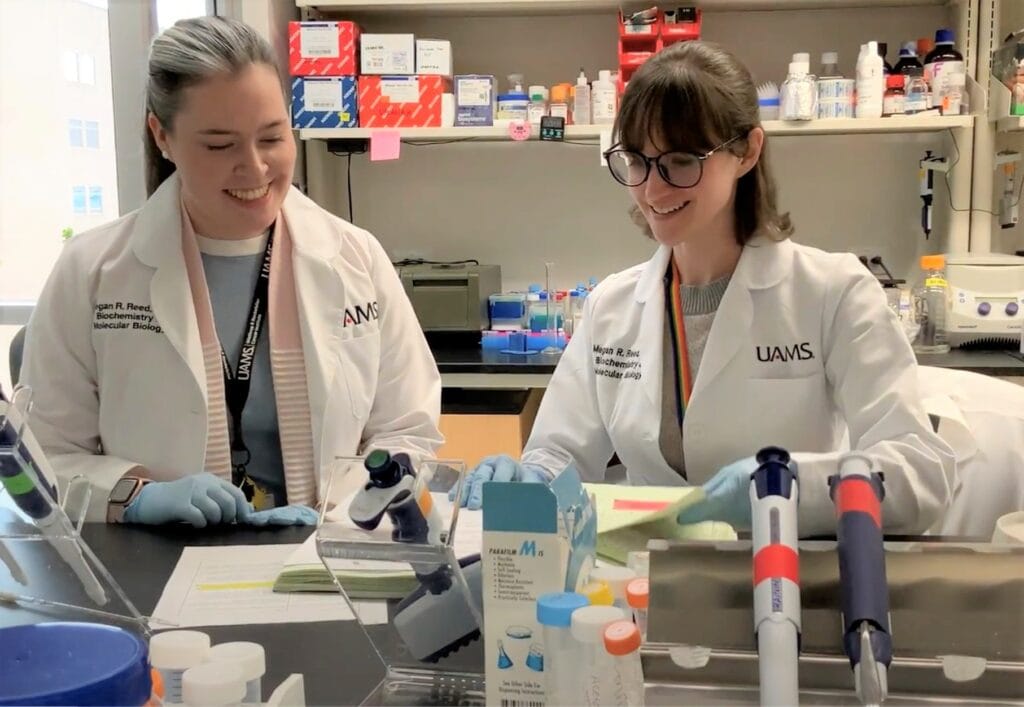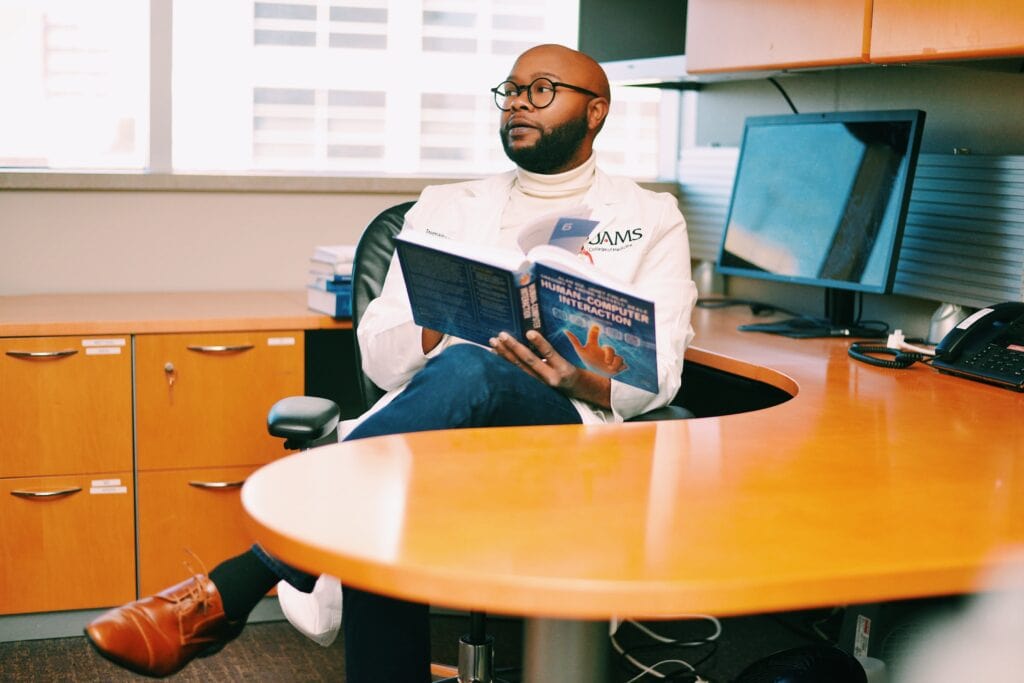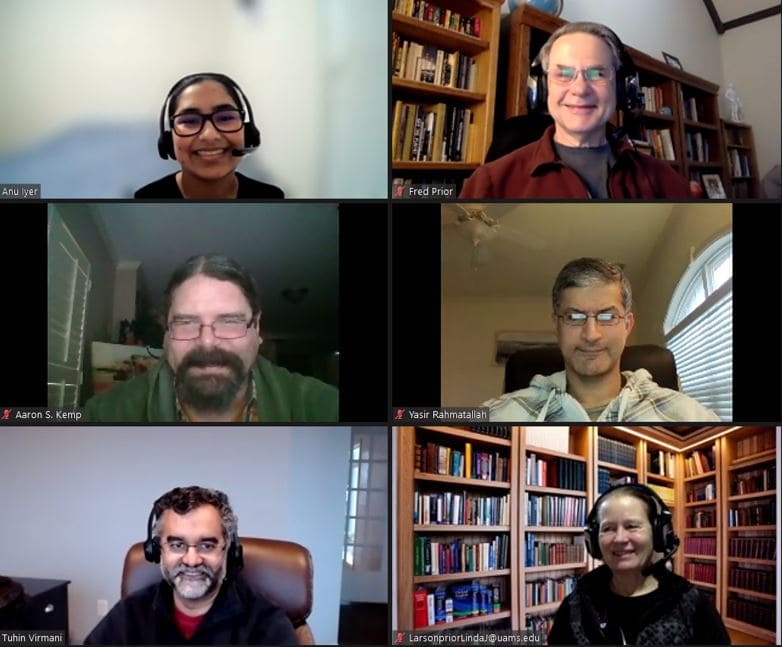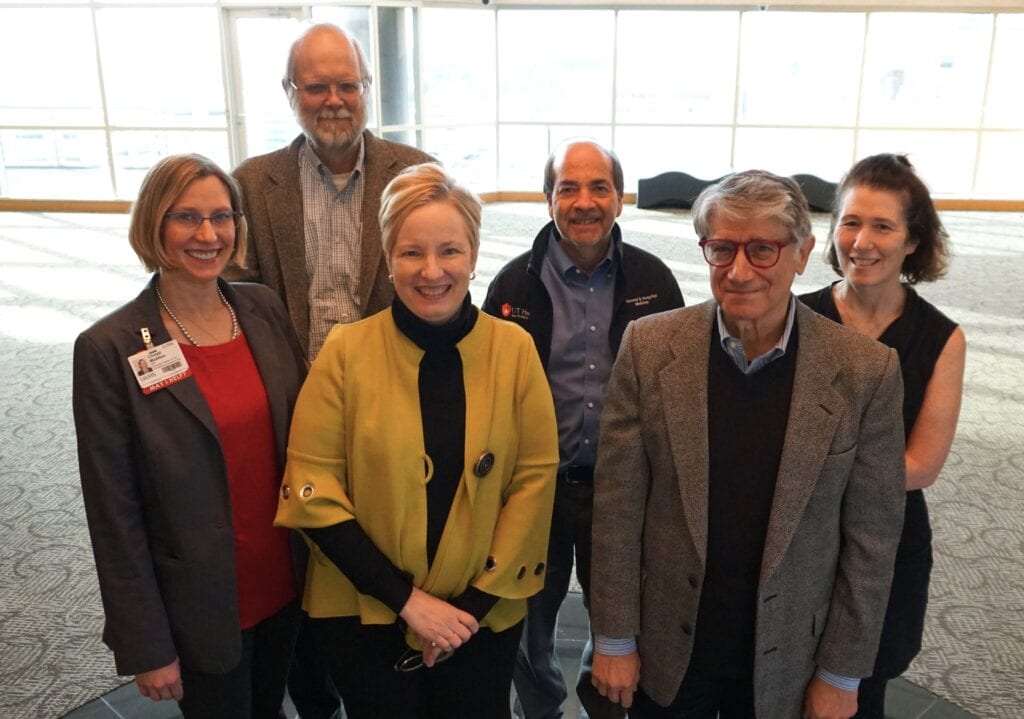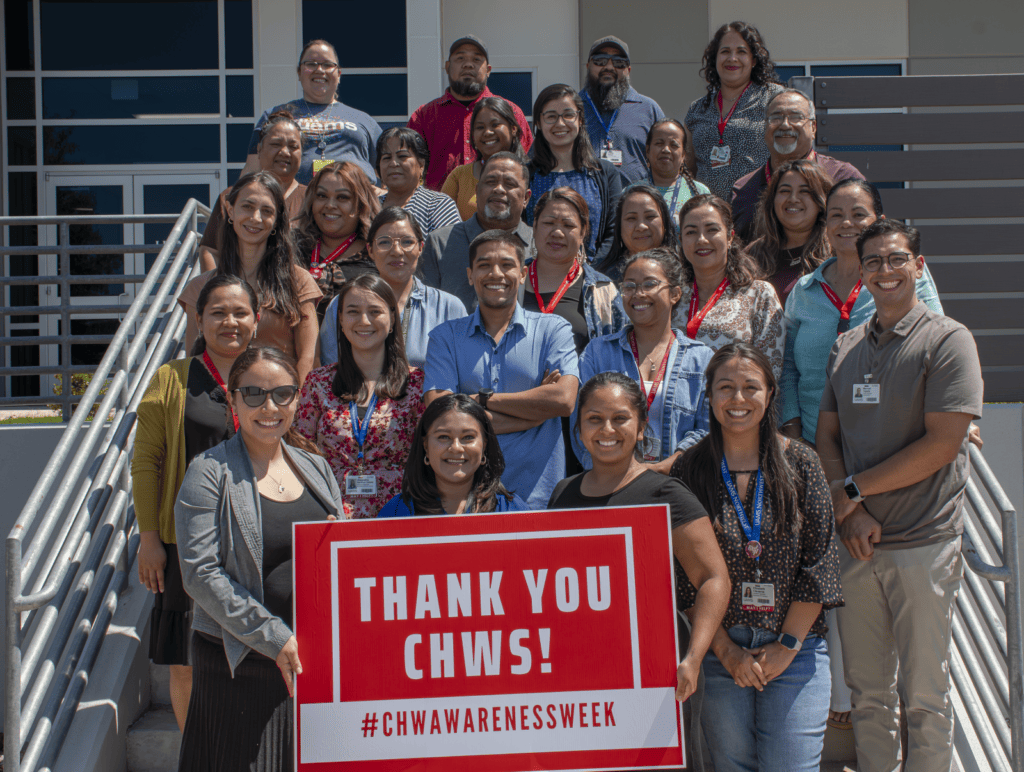
celebrate National Community Health Worker Awareness Week.
In this issue of The TRIbune, we feature a notable achievement led by Pearl McElfish, Ph.D., MBA, and Krista Langston, MBA, that is improving the pay of community health workers. They successfully established a career ladder program in 2023 that raises salaries with additional training, certifications, as well as an opportunity to obtain college credit. Community health workers serve a number of roles, and as trusted members of the communities they serve, they are increasingly important to TRI’s research efforts.
We also highlight our Community Engagement team and its important role providing consultations on community-based research.
This issue also features the NIH-supported biomedical informatics study led by Tremaine Williams, Ed.D., a 2023 graduate of the TRI KL2 Mentored Research Career Development Scholar Award Program.

